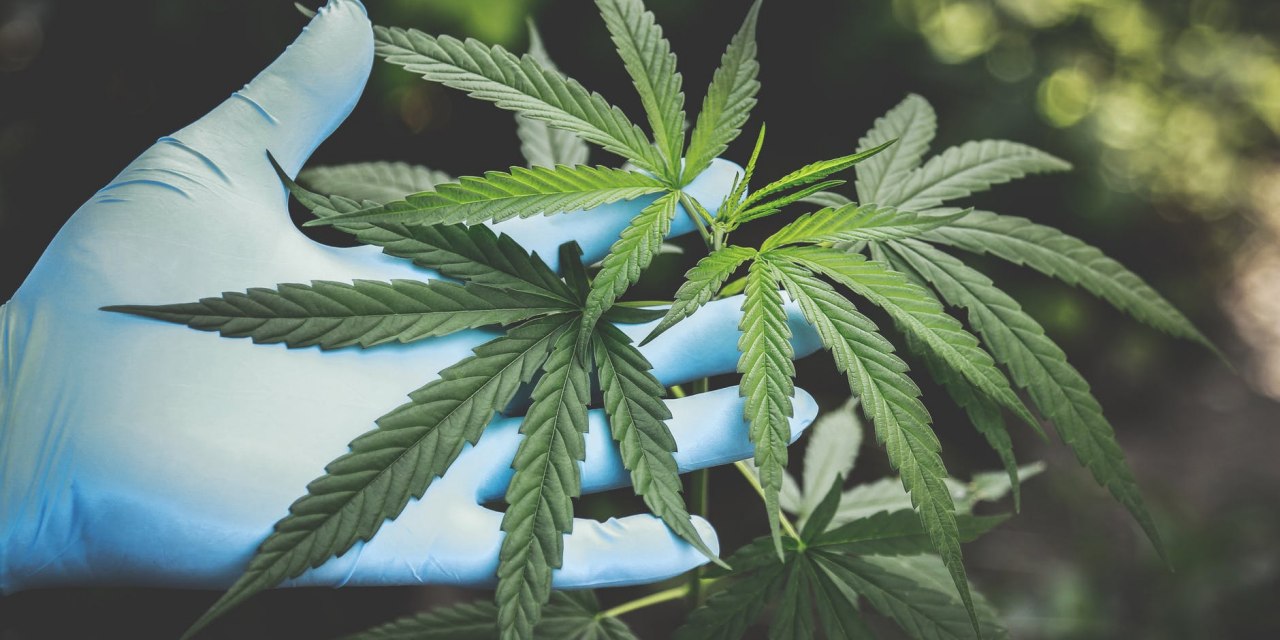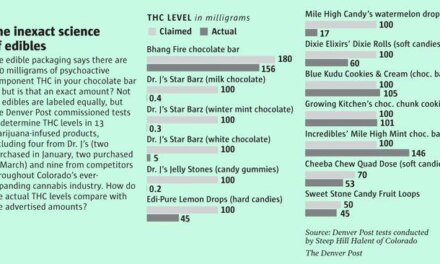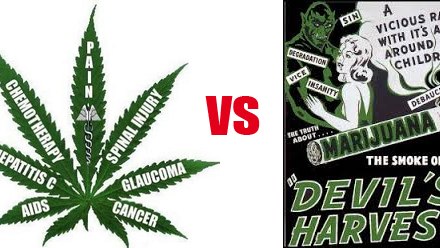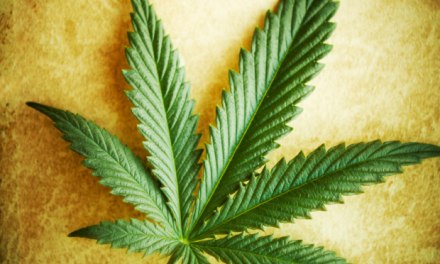Not long ago, we looked at a major study of cannabis in the treatment of opioid use disorders, and concluded that there likely isn’t a role for the drug, at least not yet. Now comes a discussion of the role of cannabis in the treatment of mental health disorders — and once again, it looks as if cannabis has little or no value there, either.
I know this runs counter to prevailing social attitudes towards the drug, but that’s science – seems as if it’s continually contradicting popular wisdom. I guess things have been that way since Galileo.
Anyway, here’s a link to the article in question. I’ll summarize a few main points.
Cannabis for Psychiatric Disorders? ‘Not Today,’ Experts Say
First: when it comes to cannabis research, we have at our disposal very few of the randomized, placebo-controlled trials that scientists rely on to draw conclusions. Most of the available research is simply not up to that standard.
Next: as for THC, the principal psychoactive ingredient in cannabis, there’s nothing in the research to demonstrate that it’s of particular use for persons who suffer with mental illnesses.
Finally, again with respect to THC, there does exist a great deal of evidence that it can make things worse. How?
If someone is vulnerable, research demonstrates that THC use can lead to “…panic attacks, dysphoric episodes, and psychosis in some individuals.”
Once again, I understand this is much the opposite of the impression a reader would get from popular articles or political discussions around legalization. In those forums, cannabis is ordinarily portrayed as safer than other drugs, inferring anybody can use it without worrying about the consequences.
But as one expert complained, “… Is [cannabis] good for you? It’s hard to find the literature that suggests that. Is it neutral for you? Maybe, for some people. Is it harmful for some people? Absolutely.”
I guess the question for most of us will be, am I one of the people for whom marijuana could prove harmful? Not an easy question for us to answer when it comes to ourselves.
We tend to do what drinkers do when considering whether they have an alcohol problem. We focus on what isn’t wrong with our drinking, while minimizing (or outright ignoring) evidence as to what is wrong. In addictions, it’s called “comparing out”.
In view of the lack of scientific evidence, I have to wonder, does ‘medical marijuana’ have much of a future? Especially in states where the drug is now widely available for other uses, including recreation, and can be purchased easily by almost anyone over a certain age. Why bother with a medical marijuana card?
There’s still chronic pain. Millions of sufferers, of course, including those who believe they couldn’t get by without their daily cannabis. Why not let them continue?
Unless subsequent research discovers cannabis isn’t really much help with chronic pain, either. The way it did for opioids.
It’s a big subject. I’m sure we’ll be revisiting it in future.













